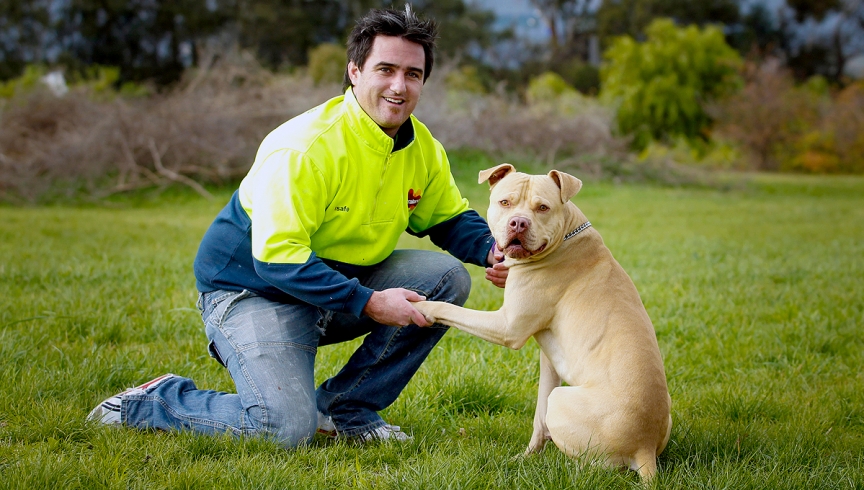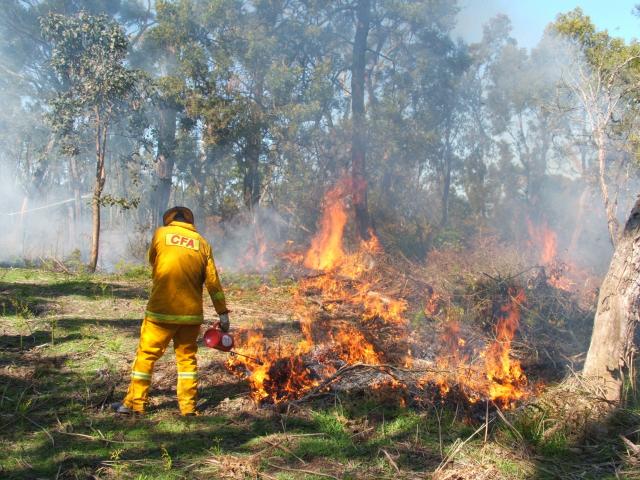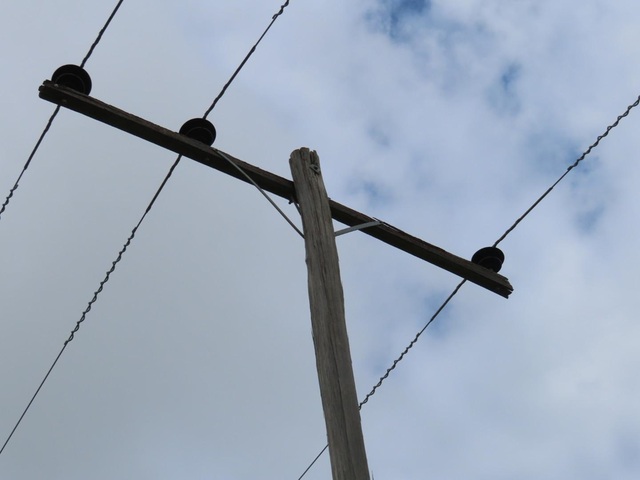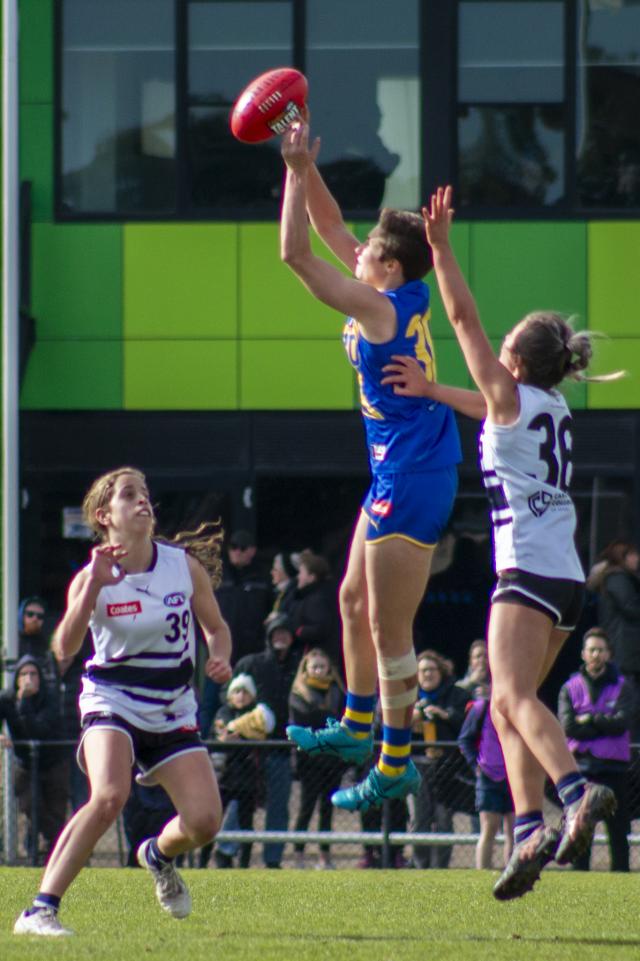A WILLIAMSTOWN solicitor has saved a dog from death row and has had a western suburbs council fork out more than $50,000 in legal fees for its owner.
Moonee Valley council had wrongly accused Strathmore resident Daniel Scott’s dog of being a restricted-breed American pit bull.
Mr Scott, 27, told the Weekly he was devastated when his six-month-old puppy, Doug, was seized by the council in April last year after escaping from his backyard.
Following a VCAT hearing, Doug was deemed a restricted breed and faced being put down.
But Mr Scott refused to give up while spending the next 18 months visiting Doug on death row.
“Doug is my best mate,” he said. “I knew the council had it wrong and he wasn’t a restricted breed. He’s the most playful and loving dog you could meet. He was my responsibility and every time I saw him it enforced in me I had to fight for his life.”
Unable to afford legal costs for a Supreme Court appeal, Mr Scott sought the services of the Barristers Animal Welfare Panel and Williamstown solicitor Michael Faltermaier. After a successful appeal, a second VCAT hearing was held last month and Mr Faltermaier, who took the case for free, sought the assistance of animal experts, including vet John Ayerbe and renowned dog judge and breeder David Lowe. The experts examined Doug through a series of tests, including the colour of his coat, height and behaviour, and determined he was not an American pit bull.
“From all the evidence we gathered it was clear this dog was not a restricted breed,” Mr Faltermaier said. “He’s a playful dog without a mean bone in his body. He has never attacked or bitten anybody yet was sentenced to death for the presumption by council officers that he could be a restricted breed based on his appearance.”
Last week, after weeks of evidence from council officers, Dr Ayerbe and Dr Lowe, VCAT decided Doug was a cross-breed great dane and American Staffordshire terrier.
In his finding, VCAT senior member Ian Proctor said the council officer in charge of the case was relatively inexperienced compared to doctors Ayerbe and Lowe, but her opinions were based on the best observations she could make with her training and experience. “The dog is too tall and . . . expert evidence simply does not support a finding that Doug is a restricted-breed dog.”
Mr Proctor said Doug appeared to be a mature dog and his height of 63cm was 19 per cent higher than the maximum height of a pit bull.
Moonee Valley council chief executive officer Neville Smith said the council investigated Doug after a complaint from a resident. “[The] council also had the dog assessed by an independent dog expert, who agreed with the council’s assessment,” he said.
Mr Smith said the issue of restricted breeds was complex, but the council had to be diligent to ensure public safety. “With these types of situations, council is caught in the middle between pet owners and state government legislation about restricted breeds, which we are legally required to enforce,” he said.
Mr Smith said the council would welcome a review of the legislation.







